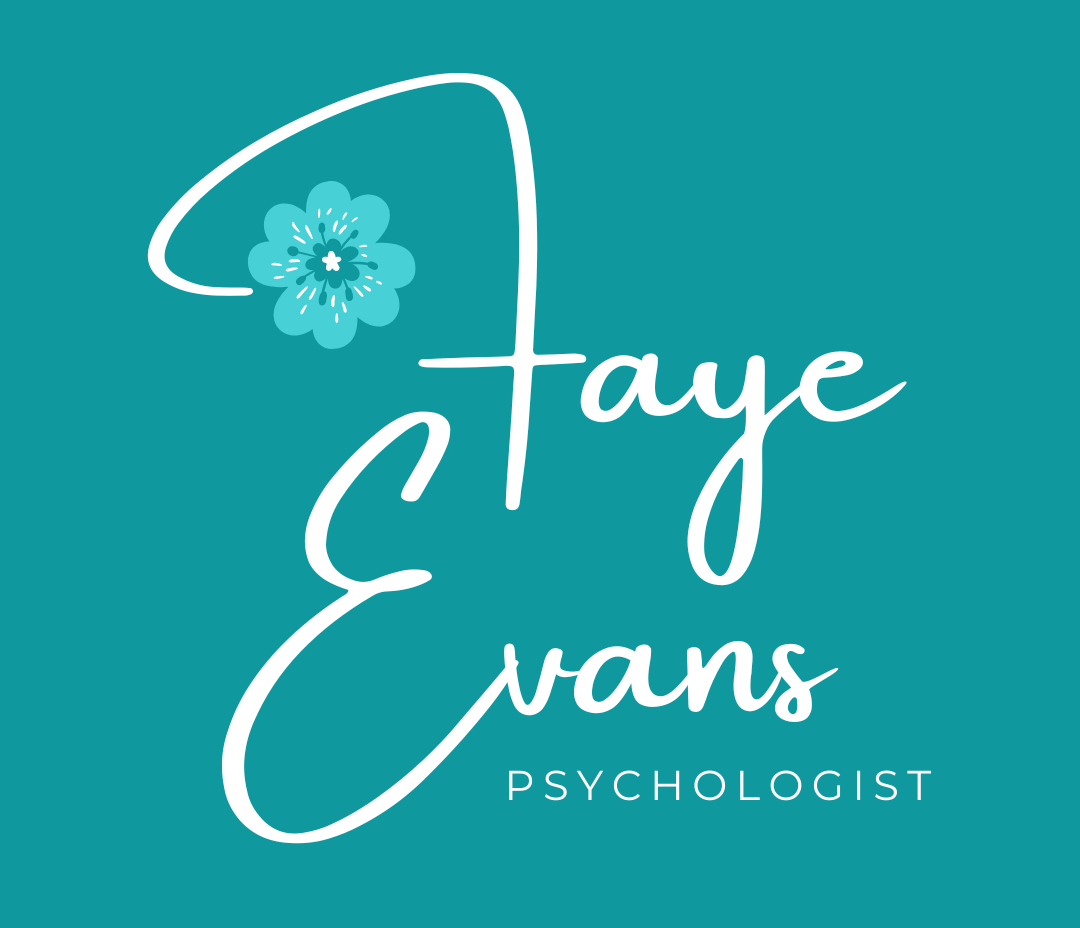Forgiveness is one of the most powerful tools to improve our mental health and well-being. It allows us to move past our hurt, anger, and resentment and focus on the present moment. At its core, forgiveness is an act of love that releases us from the pain of our past experiences. By understanding what forgiveness is and how it works, we can learn to forgive ourselves and others.
These days, staying calm in the face of adversity is difficult. We are exposed to more negativity than ever before from all angles. That’s why learning to forgive can be crucial for our mental health. It’s not about letting people off the hook for their wrongdoings but rather about forgiving whatever has happened in the past and learning how to move on with positivity and acceptance.
Forgiveness is a choice that requires letting go of resentments or anger towards someone who has wronged you. It does not mean forgetting a person’s actions or condoning their behaviour; instead, it means acknowledging what has happened without allowing it to define your life. In essence, forgiveness is an internal process that helps us heal from emotional pain to move forward with our lives.
When discussing forgiveness, it’s essential to consider both forgiving yourself as well as forgiving others. When we forgive ourselves for mistakes or shortcomings, we can accept them as part of our journey rather than feeling guilty or ashamed about them. This allows us to learn from our experiences and become stronger versions of ourselves in the future.
On the other hand, forgiving another person involves releasing them from any negative feelings you may have towards them for something they did in the past. You don’t necessarily have to be friends with this person or even continue a relationship with them. The point is to let go of any bitterness you might feel towards them so you can move on without being weighed down by negative emotions.
One of the biggest benefits of forgiveness is improved mental health. Holding onto anger or resentment can cause significant stress and lead to depression, anxiety, and other mental health issues. Learning how to forgive can help you feel more at peace with yourself and your surroundings, allowing you to move forward without feeling weighed down by negative emotions.
Forgiveness has physical and mental health benefits—it can reduce stress levels, boost self-esteem, improve relationships with others, help us cope better with difficult situations, and give us peace and well-being. Additionally, research suggests that people who practice forgiveness are more likely to have healthy habits such as regular exercise and good nutrition, which further contribute to overall well-being.
Although forgiveness may seem impossible at first, letting go of negative emotions is essential for improving your mental health. By understanding what forgiveness means and accepting what happened without condoning any behaviour—you can move forward with a positive attitude and outlook on life. So, take the time today to reflect on your past experiences, practice forgiveness as much as possible, and enjoy the power of forgiveness!


